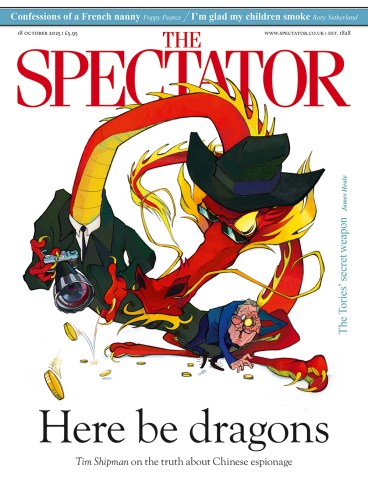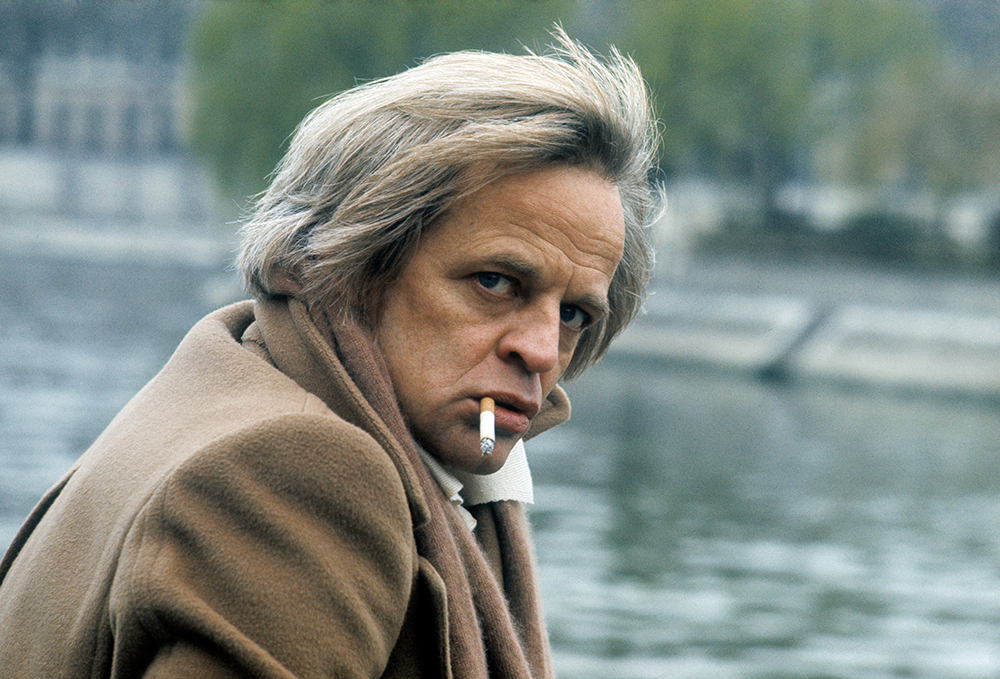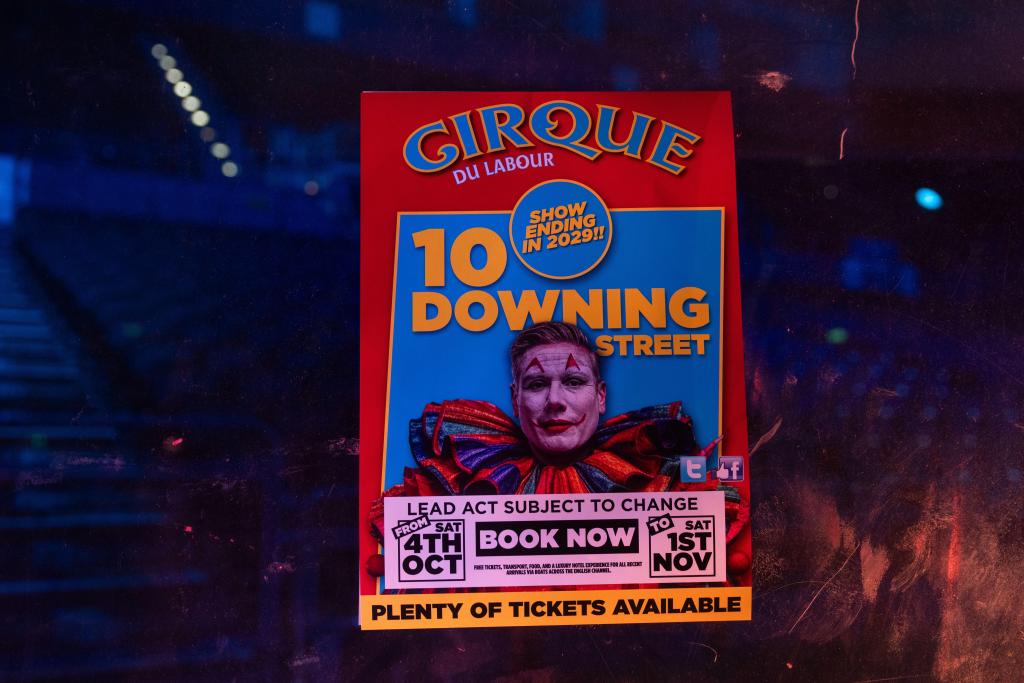
Klaus Kinski was one of Germany’s most celebrated postwar actors. Although he appeared in more than 130 films, including five for the director Werner Herzog, he began his career on the stage, returning in 1971 to perform a monologue, Jesus Christus Erlöser, before an audience of 6,000 in West Berlin.
Benjamin Myers has long been fascinated by the surviving footage of Kinski’s performance and, in his latest novel, Jesus Christ Kinski, he attempts to recreate it on the page. He divides the book into two ‘acts’. The first consists of Kinski’s interior monologue as he struggles with both his own demons and an increasingly hostile audience. In the second, an ‘intermission’, Myers reflects on his own relationship to Kinski, his home life in the Yorkshire Dales and his writing practice during the Covid pandemic.
It is difficult to imagine an actor less Christ-like than Kinski. Myers speaks of his ‘angry temperament, rampant egotism and depraved personality’ while peppering the text with Kinski’s gnomic pronouncements, such as: ‘I would have been better than Adolf Hitler. I could have delivered his speeches a lot better, that’s for certain.’
A diagnosed schizophrenic, Kinski was evidently drawn to the anarchistic, anti-authoritarian Christ figure popularised by the Liberation Theology movement of the 1960s. Yet, apart from picturing himself ‘on the cross’, heckled and scorned by the callow young audience who do not share his wartime experience of conflict and incarceration, he makes little attempt to inhabit the role.
Myers, by contrast, expertly inhabits Kinski’s mind, as his performance is overtaken by memories of a prisoner-of-war camp and sanatorium; his acclaimed early stage career; his hack work on screen, ‘for which I sell myself for the highest price. Exactly like a prostitute’; and his violent, often abusive relationships with women. His conversations with his long-suffering agent Gino are all that interrupt his monomaniacal tirade.
In the extended interlude in which Myers recounts conceiving, researching and writing the novel, he acknowledges that it is ‘a niche idea’. That may be true, but it is a niche that he occupies with assurance and flair. As in his most distinguished novel, Cuddy, he experiments with voice, form and typography. When Kinski’s grip on reality fractures, so does the prose; sentences splinter into isolated words and words into scattered letters. The result is an idiosyncratic and destabilising performance that matches Kinski’s own.








Comments